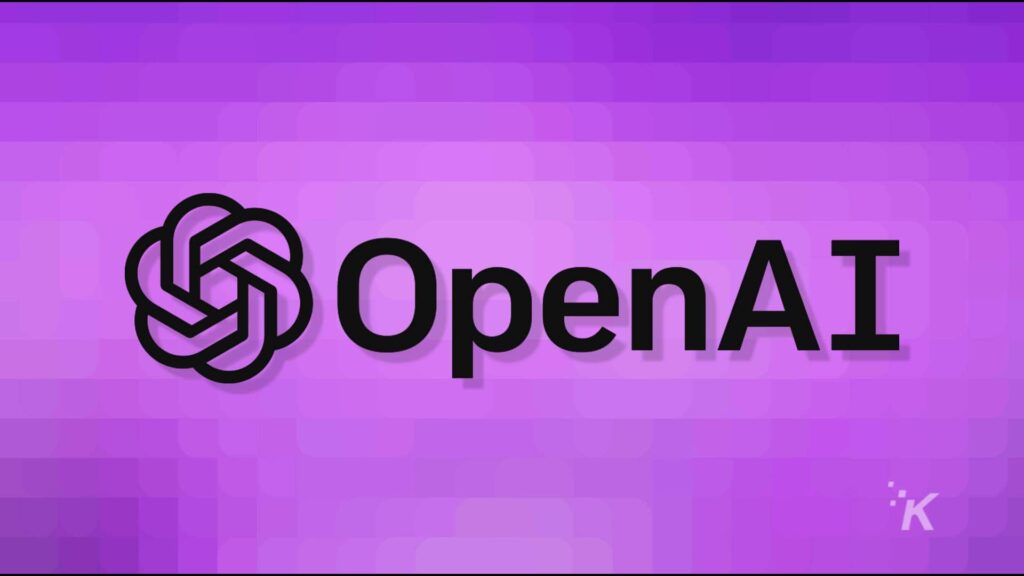When Nick Turley joined OpenAI in 2022, he wasn’t just signing up to run ChatGPT. He was signing up to turn a science experiment into a business.
Three years later, with 800 million people chatting weekly, he’s ready for the sequel: transforming ChatGPT into something that looks a lot like an operating system, one filled with third-party apps.
At OpenAI’s developer conference in Fort Mason, San Francisco (yes, in a refurbished US military base, because why not), Turley sat down to explain his big plan. (Via: TechCrunch)
He envisions ChatGPT evolving the way web browsers did, from a humble window for websites into the central hub for digital life.
“Most of what we do now happens in the browser,” he says. “Why not in ChatGPT?”
The vision is bold: a world where ChatGPT isn’t just a chat box but the digital layer you use to do everything, from ordering takeout to booking travel to writing code.
OpenAI’s even rumored to be working on a browser of its own and some mystery hardware with ex-Apple designer Jony Ive.
If you squint, you can almost see a ChatGPT-powered ecosystem taking shape, Siri, but with a PhD.
This isn’t OpenAI’s first swing at the “AI app store” idea. Plugins and the GPT Store debuted in 2023 but fizzled.
Turley says this time’s different: apps will live inside ChatGPT’s core experience, not off in some forgotten tab.
For developers, that means direct access to ChatGPT’s enormous user base, and for OpenAI, a potential gold mine as apps like Uber or DoorDash generate transactions within the chat itself.
Of course, running an “AI OS” comes with headaches. Who gets top billing when both DoorDash and Instacart want to deliver your snacks?
Will companies pay for better placement? Turley says OpenAI’s still figuring it out, slowly.
But beneath the business talk, Turley insists ChatGPT isn’t drifting from OpenAI’s lofty mission to “benefit all of humanity.”
Instead, he calls it the “delivery vehicle” for AGI, artificial general intelligence, and points to stories like the 89-year-old who learned to code with ChatGPT.
His point? This isn’t just an app. It’s the future of computing, with a side of fries.
